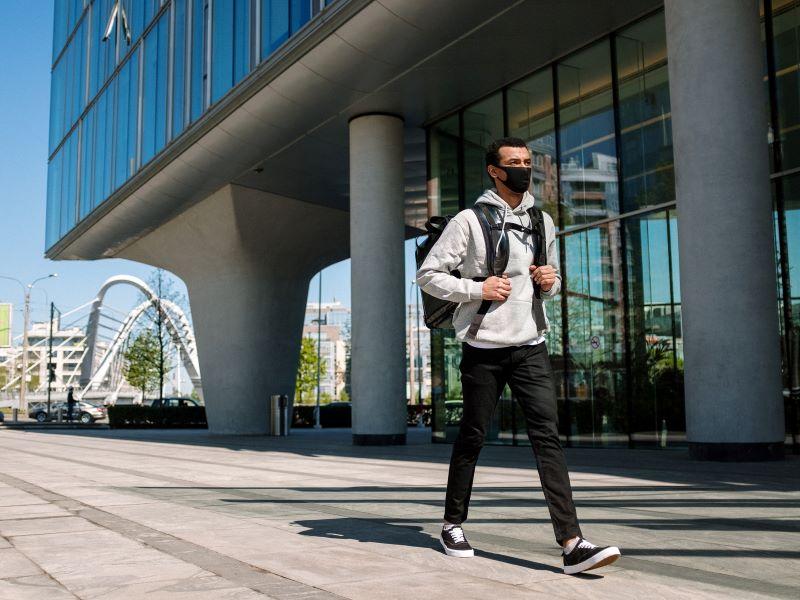It has been more than a year of virtual discourse through e-learning, e-books and online events, a period sometimes characterised by technological glitches and limited audience interaction. Now, the pandemic is receding, the university is reopening and the community is reconnecting.
Students’ relationships with one another and with their lecturers are key contributors to their academic performance. The university community provides a supportive framework that nurtures vital graduate attributes; these include the ability to engage in collaborative critical thinking and co-creation of innovative ideas as well as skills such as problem-solving, analytical and conceptual thinking, and verbal and interpersonal communication. Covid has affected acquisition of these skills, which are particularly important for first-year students’ success as they enter higher education.
In these circumstances, the University of Zimbabwe has sought to develop novel ways in which to re-establish connection with students studying in the new normal.
This guide provides tips and advice on how universities can foster a sense of belonging and connection with first-year students during the pandemic, based on our experience.
Three ways to connect and foster a sense of belonging
The pandemic has given the university a unique opportunity to develop creative ways anchored in ICTs to help students reconnect. Universities and colleges can help students develop a strong sense of belonging in three ways.
-
Open up conversation between students and academic staff
Initiate formal and informal conversations between first-year students and the university leadership about their education, expectations and experiences, and how these can be used to support student success. The university hosted a blended conversational series with all first-year students attending both virtually and in separate venues in line with Covid-19 protocols. The conversations centred on key services such as health and wellness, library and academic services, campus safety and security and financial literacy. This dialogue can help students and the institution develop meaningful relationships and foster togetherness for all.
-
Connect through shared online educational opportunities
All first-year students at the University of Zimbabwe are enrolled in a common online course in which interactive content is developed and shared. This approach promotes collaboration and ensures that students across disciplines and faculties are launched from the same foundation. Students from different disciplines can meet and connect with their peers in a hyper-connected, interactive online learning community. This is done through the university-wide foundation module in information and digital skills, which is now offered to all first-year students. This online connectivity with both content and an interactive platform helps students integrate through online classes, engage actively with their fellow learners, and expand thinking and learning through the cross-pollination of ideas in a virtual mediated environment. The students are then expected to develop and submit a mini project that should demonstrate cross-disciplinary and faculty collaboration as part of their summative assessment.
-
Run virtual events and tours
Covid restrictions on physical interaction have made it difficult for both returning and first-year students to meet people and visit new spaces such as the library, the innovation hub and the university industrial park. New students have been denied the traditional first-time university experience. An interactive virtual tour that profiles the facilities and services such as the Research Commons, Collaborative Learning Centre and Technology Centre have been made available on all students’ e-learning platform. All the returning students were encouraged to take the virtual tour before accessing other learning content on their individual accounts. The students could explore and connect with university resources, facilities and services virtually.
The pandemic has meant that students and staff are often online and frequently at home. The institution has adopted a blended-learning approach for students who have limited physical interaction for both learning and campus and social life. An investment in online communities has shown to be the most sustainable approach to help students reconnect and refocus after the reopening.
Agnes Chikonzo is the University of Zimbabwe librarian.




comment1
(No subject)